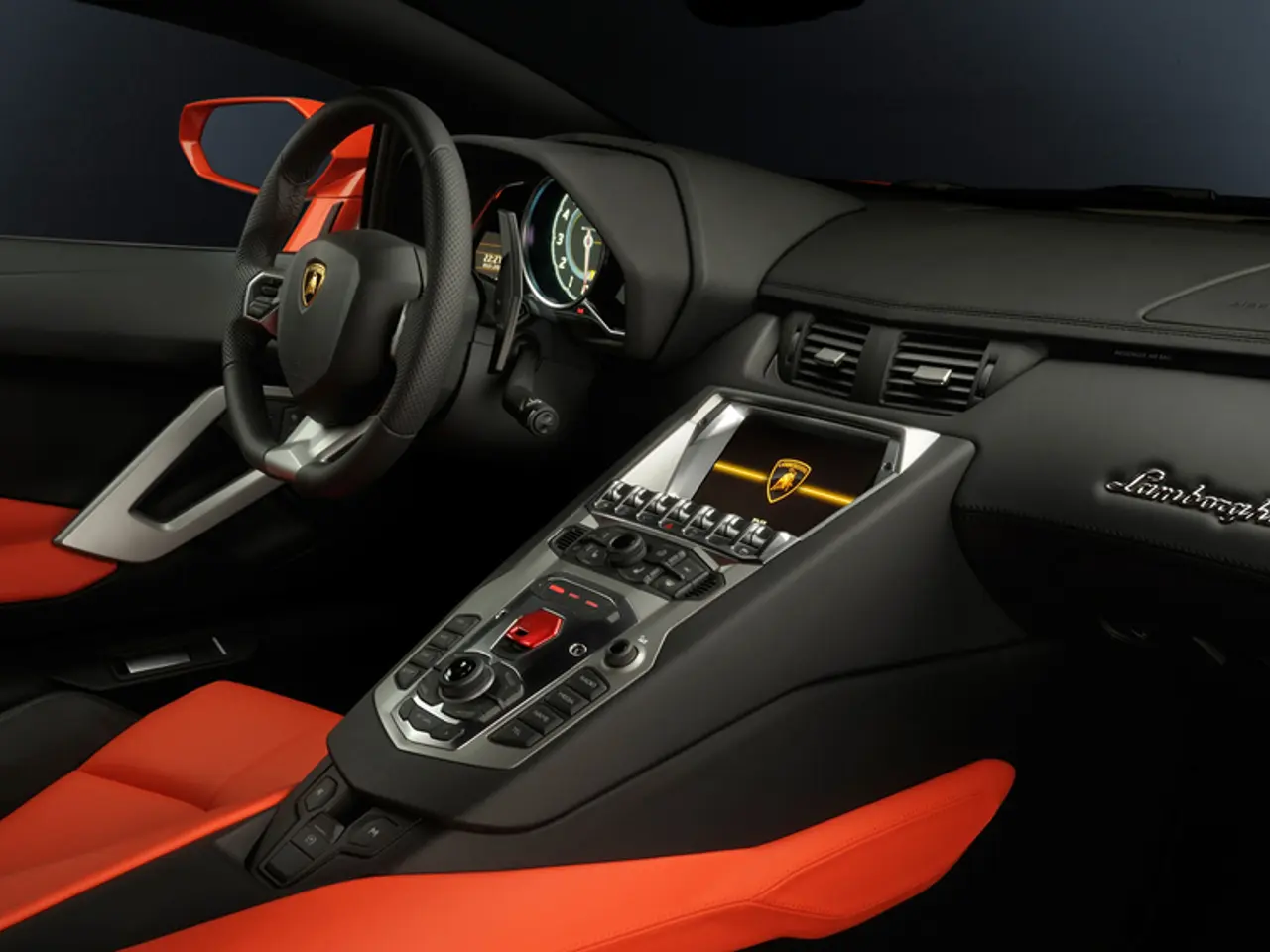Hyundai, Kia, and Genesis to integrate Google's Operating System in their Self-Driving Vehicles and embed Google Maps.
Hyundai Motor Group Integrates Google's Android Automotive Operating System for Enhanced In-Car Experience
Hyundai Motor Group, in collaboration with Google, is set to revolutionise the in-car experience by deeply integrating the Android Automotive Operating System (AAOS) and Google Maps features. This move, starting in 2026, will provide a more seamless and intuitive user experience, moving away from smartphone mirroring [1][4].
Key innovations include the integration of Google Places, offering real-time, online information on over 250 million locations worldwide. This feature will enrich built-in navigation systems with details like user ratings, photos, contact information, and hours of operation [1][4].
Improved built-in navigation is another highlight, with advanced search functions such as enhanced auto-complete, predictive search, and upgraded natural voice guidance via text-to-speech technology [1]. The partnership will also enable seamless mobile-device connectivity through the Pleos Connect infotainment platform, based on Android Automotive OS [1][5].
Hyundai aims for an optimal balance between touchscreen innovation and traditional controls, despite the expected large touchscreens in some models like the Tucson and i30. The company will maintain physical controls for tactile feedback [1]. Additionally, over-the-air (OTA) updates will expand access to new infotainment features and Google integration on existing vehicles without requiring hardware changes [1].
The collaboration between Hyundai and Google anticipates a future where vehicles have a more integrated Google ecosystem, similar to Android Automotive implementations seen in brands like Polestar. This deep integration is expected to make infotainment systems smarter, more connected, and more responsive to driver needs [1][2][4][5].
Kia models in North America will debut these updates, with global rollouts to follow across all three brands. The partnership aims to deliver greater value to customers, leveraging Google's Places API for details about 250 million places worldwide, including business hours, contact information, and customer reviews [5].
This collaboration is part of Hyundai Motor Group's broader push into software-defined vehicle (SDV) technology. Android Automotive allows access to Google Maps, Google Assistant, and the Google Play Store, designed to enhance the user experience and ensure compatibility with the latest technologies and applications [5].
Jorgen Behrens, Vice President of Google Maps Automotive, emphasises Google's commitment to innovation. Hyundai Motor Group, the parent company of Hyundai, Kia, and Genesis, is developing technologies in the field of SDV and mobility to provide customer-centered values [5].
With this integration, Hyundai further positions itself as a leader in future mobility solutions, expanding upon current Apple CarPlay and Android Auto connectivity already offered in models like the 2025 Hyundai Elantra [1][2][4][5].
[1] Hyundai Motor Group Press Release, 2023 [2] Google Blog Post, 2023 [3] Android Automotive OS and Google Maps are trademarks of Google LLC. [4] The Verge, 2023 [5] TechCrunch, 2023
- The integration of Android Automotive Operating System by Hyundai Motor Group, paired with Google Maps features, will transform the finance and lifestyle sector by offering improved in-car experiences beyond smartphone mirroring, with the anticipated debut of these updates on Kia models in North America.
- In the auto industry, the collaboration between Hyundai Motor Group and Google aims to enhance both user experience and value for customers, leveraging Google's technology in areas such as infotainment systems, navigation, and gadget connectivity, as seen in the implementation of Android Automotive in brands like Polestar.
- With a focus on software-defined vehicle (SDV) technology, Hyundai Motor Group plans to develop technologies in the field of mobility through its partnership with Google, offering an optimal balance between touchscreen innovation and traditional controls in cars, featuring large touchscreens in models like the Tucson and i30, while also ensuring compatibility with the latest technologies and applications from Google, such as Google Maps, Google Assistant, and the Google Play Store.




